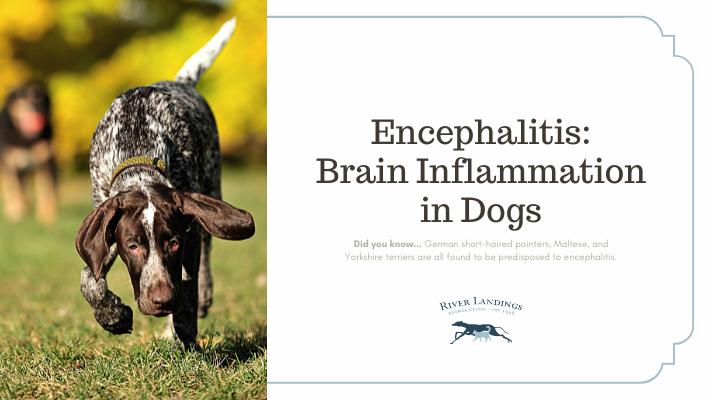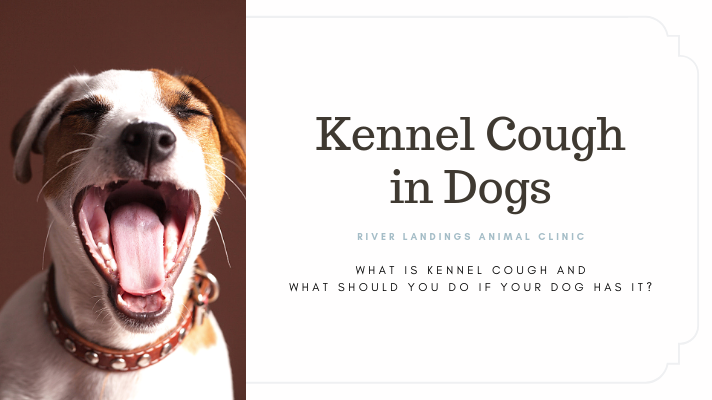Encephalitis in Dogs
The term encephalitis refers to an inflammation of the brain. However, it also may be accompanied by the inflammation of spinal cord (myelitis), and/or the inflammation of the meninges (meningitis), membranes which cover the brain and spinal cord.
German short-haired pointers, Maltese, and Yorkshire terriers are all found to be predisposed to encephalitis.
Symptoms of Encephalitis
Although symptoms may vary depending on the portion of brain affected, they typically appear suddenly and are rapidly progressive. Such symptoms include:
Fever
Seizures
Behavioral changes (e.g., depression)
Decreased responsiveness
Head tilt to either side
Paralysis of face
Uncoordinated movements or circling
Unequal size of pupils (anisocoria)
Smaller sized pinpoint pupils
Decreased consciousness, which may worsen as disease progresses
Causes of Encephalitis
Idiopathic (unknown cause)
Immune-mediated disorders
Post-vaccination complications
Viral infections (e.g., canine distemper, rabies, parvovirus)
Bacterial infections (anaerobic and aerobic)
Fungal infections (e.g., aspergillosis, histoplasmosis, blastomycosis)
Parasitic infections (e.g., Rocky Mountain spotted fever, ehrlichiosis)
Foreign bodies
Diagnosis of Encephalitis
You will need to give your veterinarian a thorough history of your dog’s health, including the onset and nature of the symptoms, and possible incidents that might have precipitated the unusual behaviors or complications. Your veterinarian may then perform a complete physical examination as well as a biochemistry profile, urinalysis, and complete blood count (the results of which will depend on the underlying cause of the encephalitis).
If your dog has an infection, the complete blood count may show an increased number of white blood cells. Viral infections, meanwhile, may decrease the number of lymphocytes, a type of white cells (also known as lymphopenia). And abnormal reduction in platelets (small cells used in blood clotting) is a good indicator of thrombocytopenia.
To confirm lung involvement and related complications, your veterinarian may require chest X-rays, while MRIs and CT-scans are used to evaluate the brain involvement in detail. Your veterinarian may also collect a sample of cerebrospinal fluid (CSF), which is then sent to a laboratory for cultures. This is necessary for definitive diagnosis and to determine the severity of the problem. If culture assays are unsuccessful, a brain tissue sample may be necessary to confirm the diagnosis, but this is an expensive procedure.
Treatment of Encephalitis
Your veterinarian will focus on reducing the severity of the symptoms, such as brain edema and seizures, and halt the progression of the disease. Severe forms of encephalitis require immediate hospitalization and intensive care. For instance, those suspected of having bacterial infections will be given broad spectrum antibiotics, which can reach the brain and spinal cord.
Living and Management
With proper treatment and care, symptoms gradually improve within two to eight weeks; however, the overall prognosis depends on the underlying cause of the condition. For example, in some dogs, symptoms may reappear once treatment is discontinued. In such instances, a second round of treatment (or long-term treatment) may be required to save the dog's life.
Your veterinarian will schedule regular follow-up exams to evaluate the effectiveness of the treatment and the dog's state of health. Your vet may even recommend a new diet for the dog, especially if it is frequently vomiting or severely depressed.
Hear From Us Again
Don't forget to subscribe to our email newsletter for more recipes, articles, and clinic updates delivered straight to your e-mail inbox.
Related Categories:


